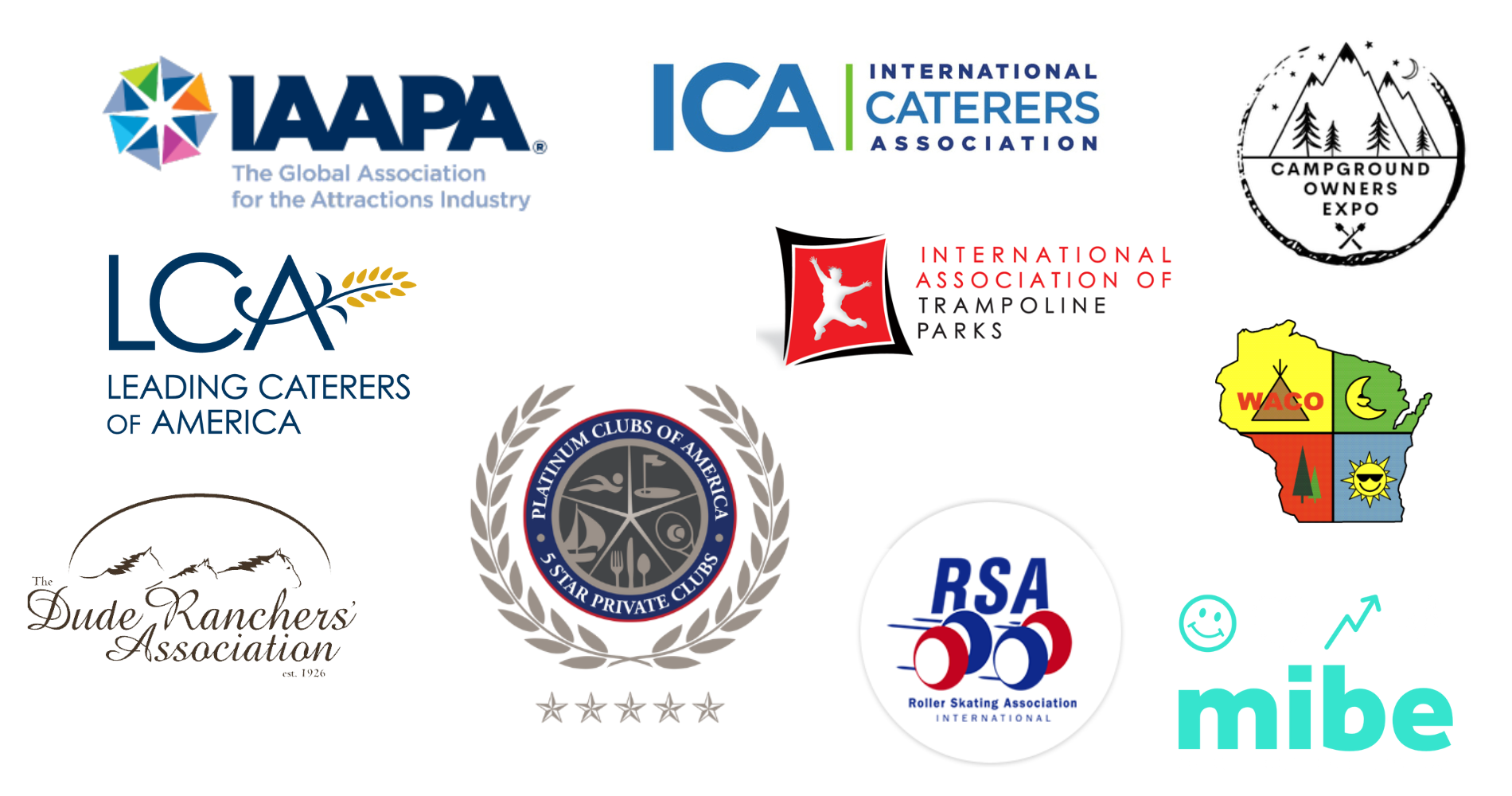A Caterer’s Guide to Managing Client Expectations
/Every caterer has had the difficult conversation that strikes down a client’s dream due to budget, timing, or other restrictions. Although many of the influencing factors are beyond our control, there’s one thing we can all regulate: our clients’ expectations.
Disappointment stems from miscommunication about perceived expectations, so it’s up to catering professionals to clearly outline service parameters.
It doesn’t matter what a client thinks they’re entitled to — you are the professional and you define how your business operates. You can choose to make concessions in certain situations, but you can also decide that “no” is a complete answer.
Here are a few clever tactics to eliminate confusion and ensure all of your clients know exactly what they get from working with you.
Listen to understand, not respond
When a client is expressing an opinion that is clearly not feasible, it’s common to start thinking about ways to let them down gently instead of simply listening to their feedback. When you listen to understand rather than to respond, you may pick up on underlying motivations that ultimately have nothing to do with their idea.
For example, if a client asserts that they must have a certain dish served because it’s their late mother’s favorite, you might find that infusing the event with their parent’s presence is more important than any single dish. Learning such an insight can help you offer meaningful alternatives and even include surprise-and-delight elements (like a signature cocktail named for mom’s favorite song!) to enhance the client experience.
Active listening is an exercise, so work your muscles to build your listening skills. A great way to shift your attention is by asking questions that mirror what a client is saying. Not only will it help you tune into their deepest desires, but it also ensures they feel heard!
Educate and inform your clients
Caterers are industry experts. We know how long it takes to prepare a batch of stock, what temperature to store canapés, and which flavors pair best together. That’s why your clients come to you — because they need someone they can trust with their event.
Setting expectations is a simple matter of educating your clients about company policies, safety procedures, industry standards, and market fluctuations. After all, they can’t abide by what they don’t know! Tell them what they can expect while working together and how you’ll help them to overcome obstacles along the way. Let them ask questions and speak to their objections before they become larger concerns.
For instance, if they’re worried about supply chain shortages or inflated pricing, explain how the market dictates what’s possible and discuss alternative solutions in advance. By demonstrating your industry knowledge and showing that you have backup plans in place, you’ll earn your client’s unending trust — even if they can’t rely on market stability.
Stay true to your boundaries
Some people will try to push the limit by crossing your boundaries and holding unrealistic expectations. These are not your ideal clients! You should work with people who trust your expertise and creativity without questioning every little detail along the way.
Maintaining expectations starts during the sales process, long before anyone signs a contract. If you notice a prospective client pushing back on your boundaries, consider it a red flag and move on. Saying “no” to business that seems like a headache keeps you open to clients who respect and trust you.
Sticking to your boundaries can feel harder with booked clients, though. Remove the emotional component by referring to the terms they agreed to in your contract. (On that note, make sure your contract is updated and reviewed by a legal professional!)
Remember: Setting clear expectations isn’t just a good move for you. It also saves your clients from the emotional rollercoaster of getting their hopes up and feeling let down when things don’t go as planned!
Clint Elkins is the V.P. of Sales for SB Value, a Group Purchasing Organization that helps culinary professionals save an average of 16% on every food order. Membership is 100% free. No hidden fees. No extra work. Just extra profits. See how much you can save on your next food order when you become an SB Value member. Request a quote today.



